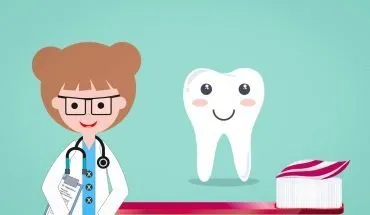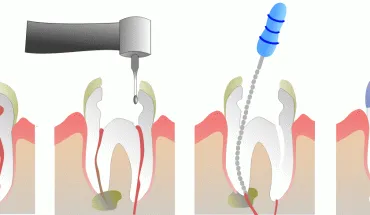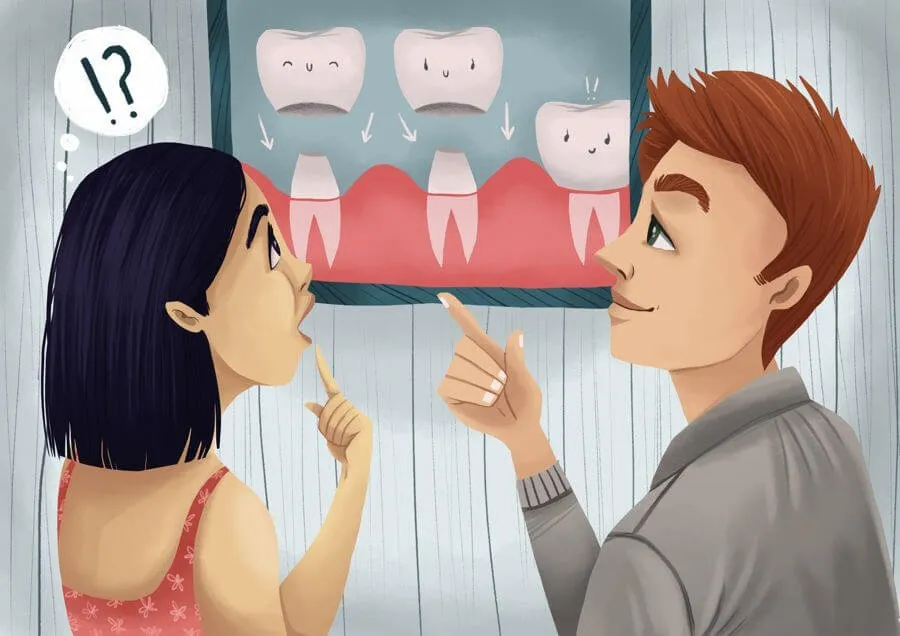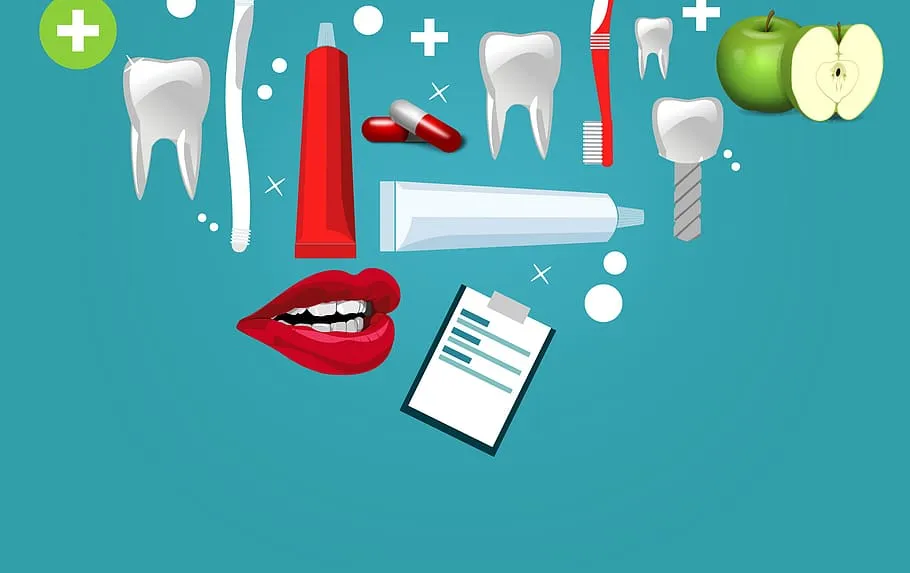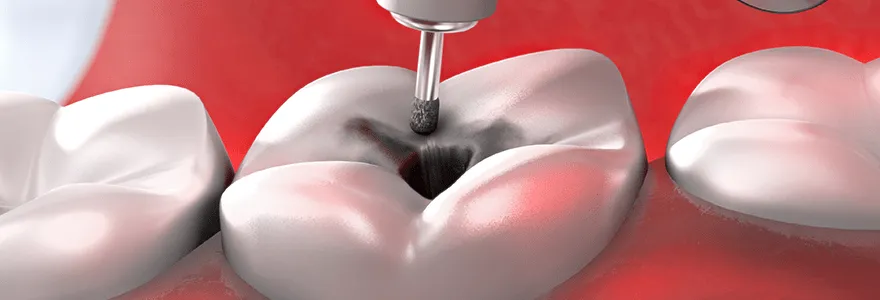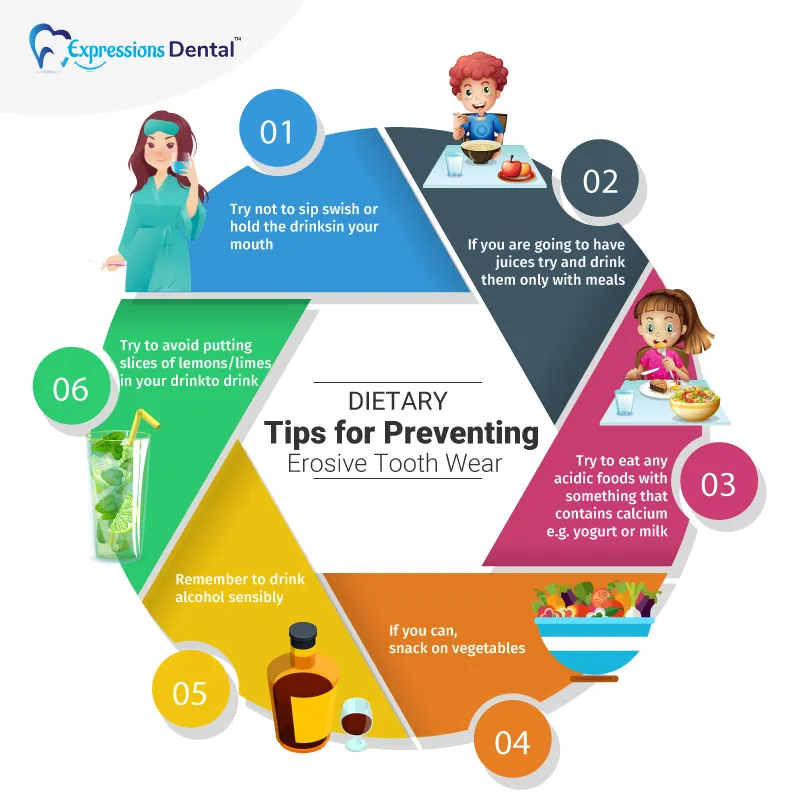Technologies Used By Dentists Today
Technology is continually evolving, and so is the field of general dentistry. Implementation of these technologies may make your dental visit feel different than previous ones. 1) Digital X-rays: Traditional x-rays are being seen less and less. More dentists are utilizing digital x-rays, which help display the results almost instantaneously on a digital screen. Also, the radiation emitted by these x-rays is significantly lower than the previous generations. 2) Patient Tracking and Management Software: Earlier, the patient's data was stored in a physical format, which was a tedious task. But now, there exists software that can store patient's data digitally. This software helps in tracking and management of a patient's dental treatment. The software can give reminders about scheduled treatment and recommended procedures. Also, looking up a patient's details can be more efficient. 3) Smart toothbrushes: The new intelligent toothbrushes are Bluetooth enabled, which can connect to your smartphone and provide you with your brushing details. The operating modes can be personalized as per one's needs. This brush can also protect the gums by alerting the user when the pressure's too hard. It can also keep track of your brushing history and performance. 4) CBCT scans: CBCT has been one tremendous advancement in dentistry. CBCT scans are 3D x-rays. CBCT stands for Cone Beam Computed Technology, where a cone-shaped beam is used for the scan to produce 3D images of your teeth, soft tissues, nerve pathways and bone in a single scan. CBCT scans can be used for dental implants and wisdom teeth removals. They can also be used for root canal procedures. If you would like to learn more about the services offered by us at Expressions DentalTM, please feel free to visit our dental clinic in Calgary or Call +1 (403) 252 7733 to book a consultation.

